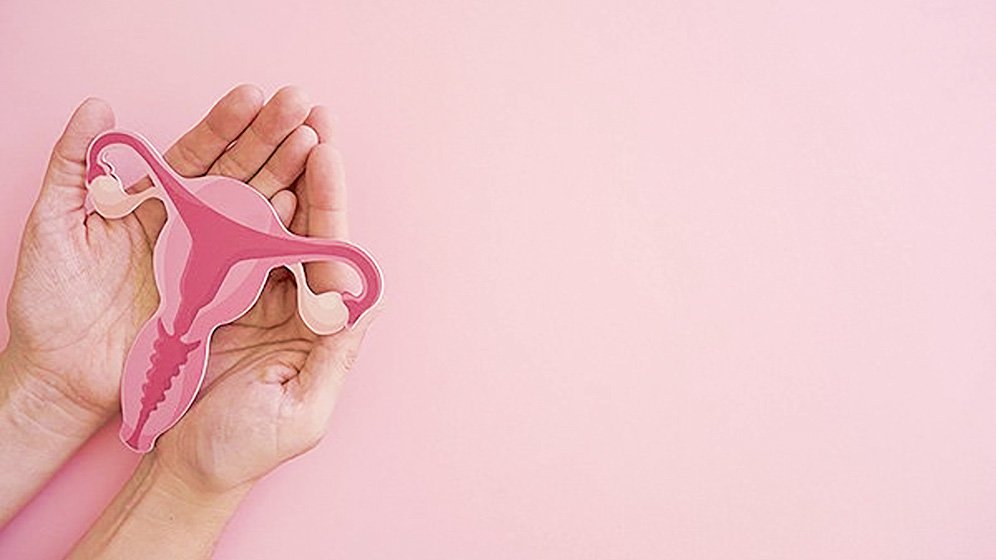9 Tips to Take the Anxiety Out of Trying to Conceive

Jean M. Twenge, Ph.D
For many women, getting pregnant can be a frustrating and anxiety-filled experience. It certainly was for me, which is why I was inspired to write The Impatient Woman's Guide to Getting Pregnant, that offers tips for women who are trying to conceive.
Try the following tips:
- Discontinue the pill. A good rule of thumb is to get off the pill three months before trying to conceive if you have been on it for less than a year, and six months prior if you have been on it for over a year.
- Know your ovulation cycle. Between a third and two-thirds of women under age 35 who are aware of their five-day fertile window are able to conceive in their first month of trying. Find this window by using a fertility monitor, ovulation predictor kits, charting or all three. Consider a test like the First Response Ovulation Test so you'll know exactly.
- After three months, try sperm analysis. If you've been having ovulation-focused sex for over three months and still haven't conceived, consider convincing your partner to get a quick and easy sperm analysis. This 'male factor' or sperm issue comprises nearly half of all fertility issues.
- Adjust your diet for optimal fertility. Incorporate fertility-boosting foods such as vegetables, fruits, whole grains, fish, soy foods and olive oil. Avoid trans-fats and partially hydrogenated oil, found in frosting and some baked goods.
- Take prenatal vitamins. Many studies show that taking prenatal vitamins, with important nutrients like folic acid, vitamin B6 and DHA, increases your chances of getting pregnant quickly. Omega 3 fatty acids (fish oil) have been linked to better embryos in IVF, positive brain development and higher IQs. There is also evidence that prenatal vitamins lower the chance of birth defects of the brain and spinal cord, so begin taking them immediately, even if you're just thinking about becoming pregnant.
- Be sure to use Pre-Seed, a sperm-safe lubricant developed specifically for couples who are trying to conceive. Pre-Seed is pH balanced and isotonic to mimic a woman's fertile fluids and the pH of sperm, allowing them to swim freely on their journey to fertilization.
- Cut the caffeine. Non-smoking women who consume about 2-5 cups of coffee per day cut their fertility by 12 percent. Consuming caffeine has an even worse effect on male fertility, where having 5 cups of coffee a day will cut his fertility in half. An alternative for getting more energy? Try getting a full eight hours of sleep; it will enhance your mood and your health.
- Soak up the sun. Sunlight causes your skin to generate vitamin D, which has been linked to fertility. Sit outside for 15-30 minutes without sunscreen a few times a week in the afternoon. This will also help you sleep.
- When you think you may be pregnant — the earlier you know, the better. Several scientific studies show that the First Response Early Result Pregnancy Test detects the smallest amount of the pregnancy hormone HcG — so it can tell you sooner than any other test. The sooner you know you're pregnant, the faster you can begin making healthy pregnancy choices for yourself and your baby that include diet and limiting exposure to hazards. To be extra sure of the result when it matters most, First Response Triple Check offers three unique pregnancy tests all over 99 percent accurate in one convenient combination kit.
If you are feeling anxious or overwhelmed about getting pregnant, more information lies within The Impatient Woman's Guide to Getting Pregnant. Besides planning on incorporating these tips into your daily life, here are two things that you can do right now: Take a supplement of 1,000 mg. of fish oil a day and learn the relaxation technique of deep breathing to ease anxiety.



